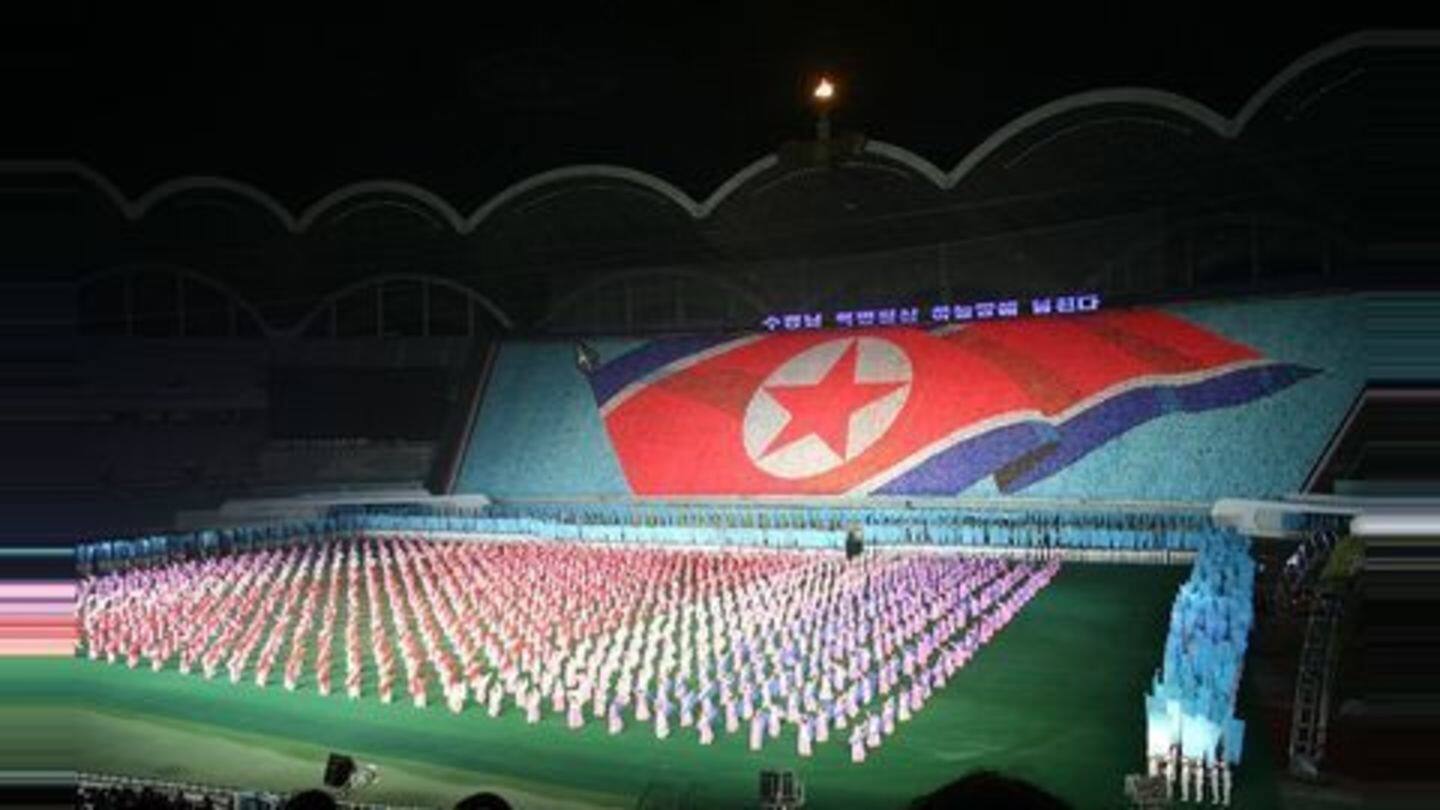
UN warns North Korea facing worst drought since 2001
What's the story
A UN report says that North Korea is facing severe food shortages after suffering its worst drought since 2001.
The country needs urgent food imports to fill its needs.
The latest drought is particularly serious because food aid to North Korea has fallen dramatically in recent years, due to international sanctions over its ongoing nuclear weapons and missile programs.
What happened?
Food production down 30% since last year
The production of staple crops such as rice, maize, potatoes and soybean has been decimated by the continued lack of rainfall in North Korea.
The harvesting of crops such as wheat, barley and potatoes too has been affected.
The UN's Food and Agriculture Organization (FAO) estimates that production of early season crops has declined 30% from last year to 310,000 tonnes in 2017.
Explained
Children expected to be worst hit by drought/famine
Large parts of North Korea's population face malnutrition or death due to insufficient food production.
The most vulnerable sections of society, including children and the elderly, will be worst hit.
The combined effects of flooding in some areas and overall inefficient food production have hampered the country's ability to counter food shortages.
The FAO says North Korea needs to upgrade irrigation facilities urgently.
Details
Famine killed hundreds of thousands in North Korea in 1990s
In the 1990s, North Korea suffered a serious famine which required the World Food Programme (WFP) to mount its biggest ever emergency operation.
The situation was so bad that some families were reduced to surviving by eating leaves and twigs.
The WFP delivered food to eight million North Koreans from 1996 to 2001.
The famine killed hundreds of thousands of people.